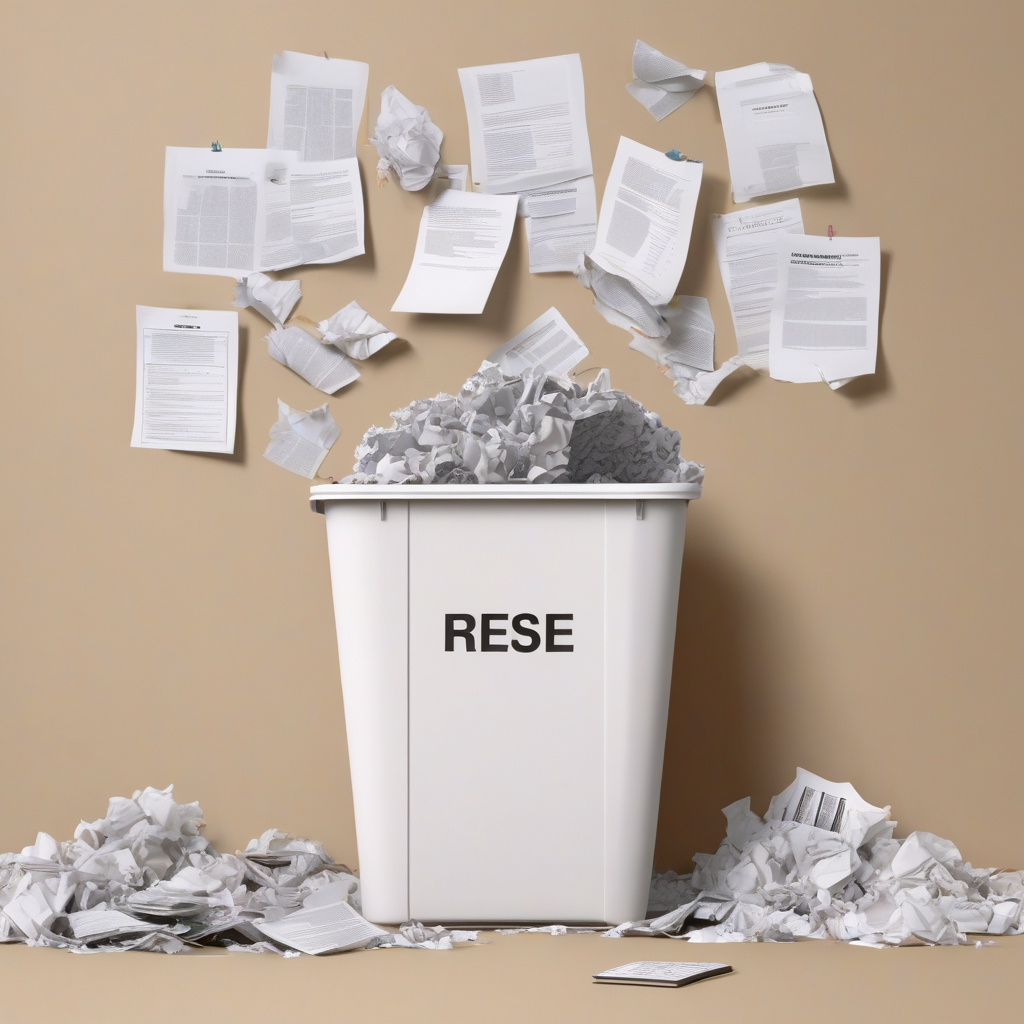Is AI Killing the Resume?
In the realm of job applications, the traditional resume is facing a formidable opponent: Artificial Intelligence (AI). While resumes have long been the standard currency for job seekers, AI is reshaping the hiring landscape in profound ways. Employers are finding themselves inundated with a sea of resumes that often lack the depth needed to make informed hiring decisions.
AI has enabled job applicants to customize their resumes to match job descriptions, a practice that can be both a blessing and a curse. While tailored resumes can showcase relevant skills, they also contribute to a homogenized pool of applicants, making it harder for standout candidates to shine through. As a result, many companies, particularly in the tech industry, are shifting their focus from resumes to alternative evaluation methods.
The Shift Towards Skills Assessments and Portfolios
In the tech and creative sectors, portfolios and platforms like GitHub are becoming favored tools for showcasing skills, sometimes even surpassing the importance of traditional resumes. Platforms like LinkedIn have transformed into dynamic, living resumes that offer a comprehensive view of a candidate’s professional journey. Additionally, internal referrals and mobility are playing a more prominent role in filling job vacancies, diminishing the reliance on resumes as the sole arbiter of a candidate’s qualifications.
Challenges of AI-Enhanced Resumes
The proliferation of AI-enhanced resumes is posing challenges for hiring professionals. Tools like OpenAI’s ChatGPT are being exploited by job seekers to embellish or falsify their credentials, complicating the hiring process. The overuse of buzzwords and cookie-cutter sentence structures in AI-generated resumes can raise red flags for discerning recruiters, pointing to a lack of authenticity in some applications.
The Rise of Skills-Based Hiring
To combat the shortcomings of traditional resumes, many companies are embracing skills-based hiring practices. By focusing on validated skills rather than self-reported credentials, employers aim to identify candidates who can translate knowledge into tangible outcomes. AI-powered skills assessments are gaining traction as a more reliable method for evaluating candidates, offering a glimpse into how individuals apply their expertise in real-world scenarios.
Bridging the Talent Gap
The tech industry, in particular, is grappling with a talent shortage exacerbated by the rapid evolution of AI technologies. The demand for AI-skilled professionals is outpacing the available talent pool, creating a significant skills gap that is projected to persist for years to come. Soft skills, such as analytical thinking, are also in high demand alongside technical competencies, underscoring the multifaceted nature of modern job requirements.
The Future of Workforce Development
Success in today’s tech-centric landscape hinges on a blend of technical proficiency, soft skills, and continuous learning. Certifications, hands-on experience, and adaptability are crucial components of a well-rounded skill set that aligns with industry demands. Building high-performing teams requires a commitment to ongoing education that keeps pace with technological advancements, fostering a culture of innovation and agility.
In conclusion, while the traditional resume retains its relevance in the recruitment process, its supremacy is being challenged by the disruptive force of AI. Job seekers and employers alike must adapt to this evolving paradigm by embracing a holistic approach to talent evaluation that transcends the confines of a conventional CV. By leveraging AI responsibly and prioritizing skills-based assessments, organizations can navigate the complexities of modern hiring practices with confidence and clarity.

